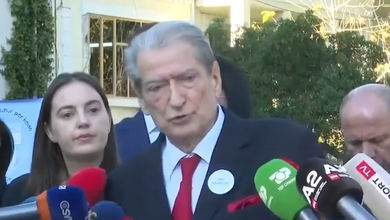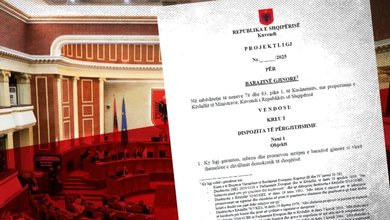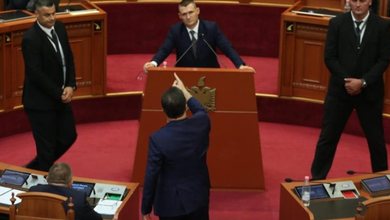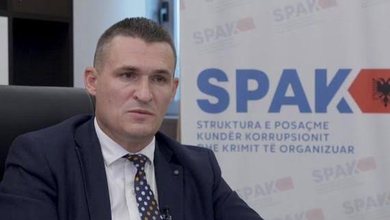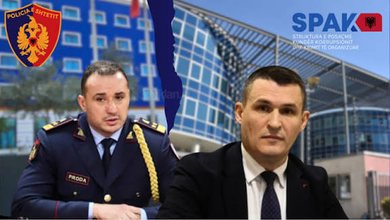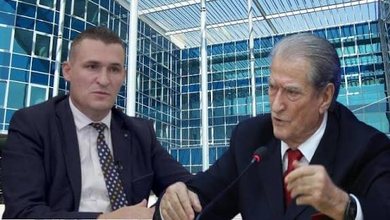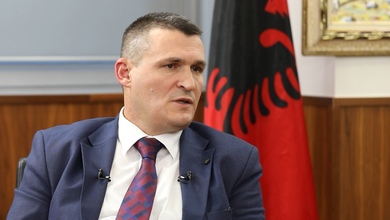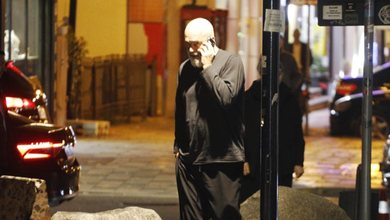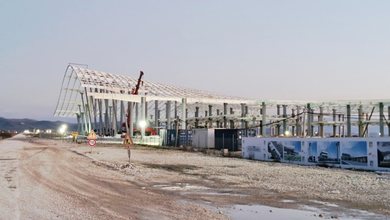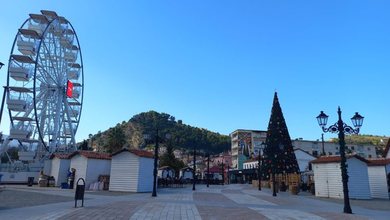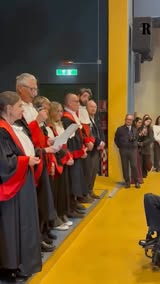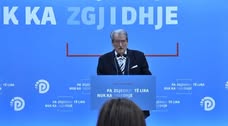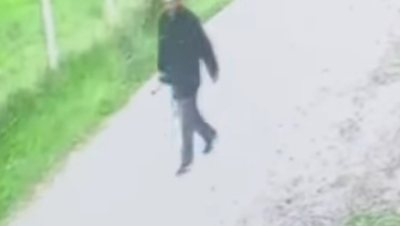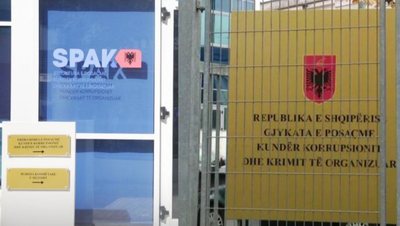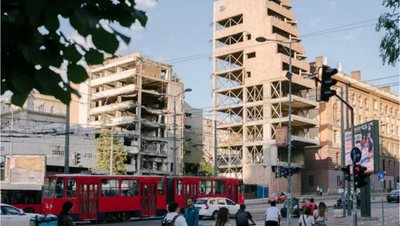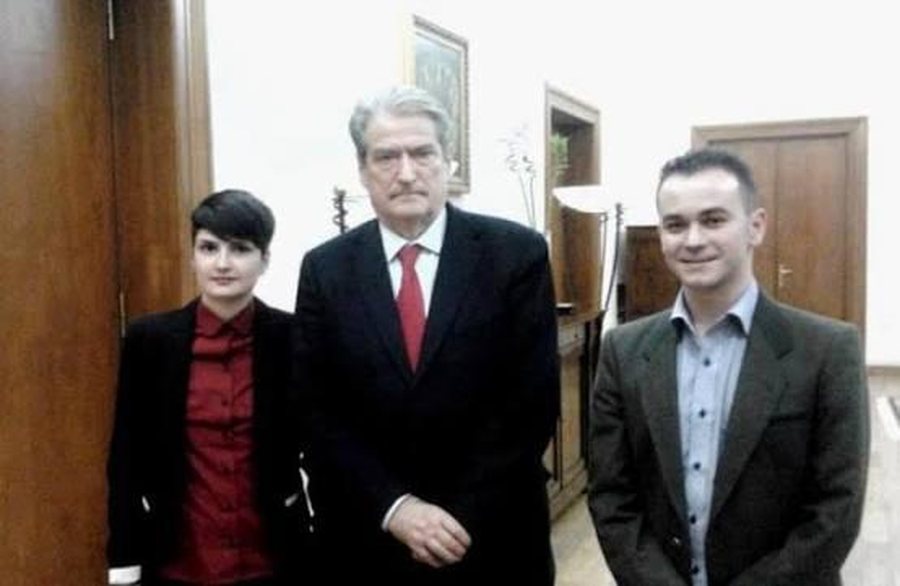
It's been more than a decade since that quiet meeting at the Prime Minister's Office, when two young LGBT activists walked in to meet with Sali Berisha. He received them with care, listened to them to the end, and even spoke about them in a tone that would sound unusual today.
"For what reason should they not be allowed to live with each other?" Berisha said, adding that homosexuality is "as old as humanity" and that every person should have the right to live freely regardless of their sexual orientation.
At that time, he seemed to understand that change could not be stopped by laws, nor by moralizing speeches. “This is an ice that must be broken,” he had told the young people who sought his support. And with that paternalistic but moderate tone that characterized him, he encouraged them not to give in to prejudice.
But time moves on, power changes, and words — it seems — have a shorter lifespan than memory. Today, in the same hall, the same Sali Berisha speaks of the “danger to the Albanian family” and the “destruction of traditional values.” Now the draft law on gender equality is “the ideology of the extreme left,” while the freedoms he once called “human rights” have become a “national threat.”
Between the two Berishas talking about love and family, neither Albania nor the community that seeks to live freely has changed — only his position in power has changed. Once, a prime minister who talked about breaking the ice. Today, an opposition leader who keeps his guard up.
Albanian political history has this habit: the biggest changes always happen in speeches — but never in the mind.


